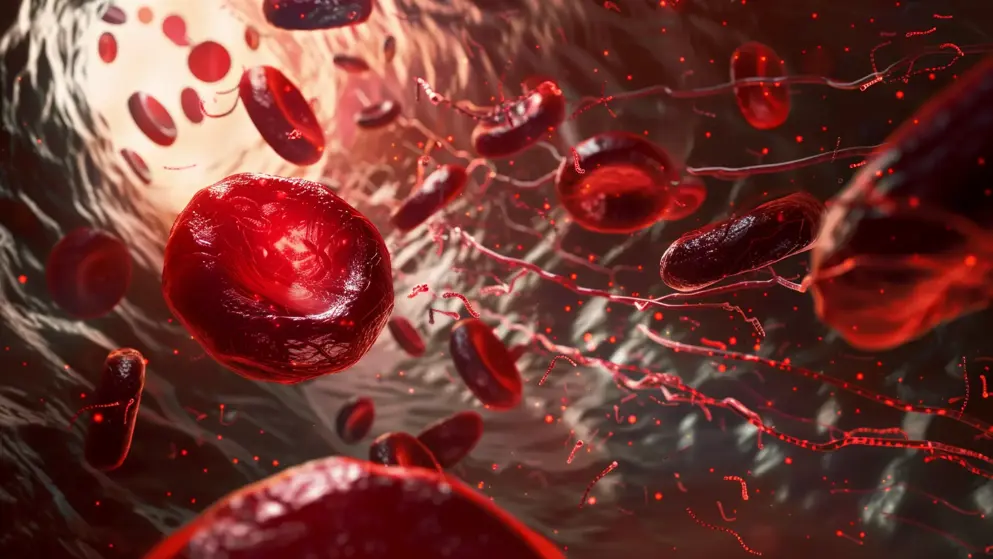
SPYRAL HTN-ON MED study shows significant, consistent, long-term blood pressure lowering effect at two years.- Medtronic
Medtronic plc announced new, long-term data from its SPYRAL HTN-ON MED clinical trial that showed subjects who underwent radiofrequency renal denervation with the Symplicity Spyral renal denervation (RDN) system had significantly greater reductions in 24-hr ambulatory systolic blood pressure (ABPM), and office-based systolic blood pressure (OSBP) compared to sham patients at two years.
The data were presented as a part of the 2024 Transcatheter Cardiovascular Therapeutics Conference (TCT).
"These findings are a key step toward informing the medical community of the long-term effectiveness with radiofrequency renal denervation as a treatment for uncontrolled hypertension," stated Dr. David Kandzari, Chief of Piedmont Heart Institute and Cardiovascular Services and lead principal investigator of the SPYRAL HTN-ON MED trial. "Importantly, at two years, we continue to see Symplicity is safe and consistent with clinically meaningful and significant blood pressure reductions. These data further substantiate sustained blood pressure reductions consistently observed in across the SPYRAL and Global Symplicity clinical programs."
The two-year data is consistent with other long-term data for Symplicity RDN, demonstrating clinically meaningful, consistent and sustained blood pressure reductions. At two years, the data showed: i. Significant group differences in 24-hr ABPM and OSBP in favor of RDN, despite significantly more medications detected in the sham group. ii. 24 months ABPM: -12.1 mmHg in RDN group vs. -7.0 mmHg in sham group (treatment difference: -5.7 mmHg; p=0.039), iii. OSBP: -17.4 mmHg in the RDN group vs. -9.0 mmHg in the sham group (treatment difference: -8.7 mmHg; p=0.0034) iv. Long-term safety with no confirmed renal artery stenosis greater than 70% in the Spyral group at two years
SPYRAL HTN-ON MED is a global, randomized, sham-controlled trial investigating the blood pressure lowering effect and safety of RDN with the radiofrequency-based Symplicity Spyral RDN system in hypertensive patients who have been prescribed up to three anti-hypertensive medications. After the six-month primary endpoint assessment, the study continued to assess 24-hr ABPM and OSBP from baseline through yearly follow ups.
SPYRAL GEMINI Clinical Program; Medtronic intends to investigate multi-organ (hepatic artery and renal artery) denervation with the Symplicity Spyral catheter. The planned Global Pilot study of rEnal and hepatic coMbINed denervatIon (SPYRAL GEMINI pilot study) will investigate the safety and efficacy of the multi-organ ablation approach in uncontrolled hypertension patients who are both on and off medications.
"Medtronic is uniquely positioned to explore the blood pressure lowering potential of multi-organ denervation. This is supported by both its intellectual property and the Symplicity Spyral catheter design, which enables access and treatment of the Common Hepatic Artery - a vascular target rich with sympathetic innervation - with the same single catheter," said Jason Weidman, senior vice president and president of the Coronary and Renal Denervation business within the Cardiovascular Portfolio at Medtronic. "The promising preclinical data highlight the potential for interventional denervation in the liver to support additional blood pressure lowering effects of the procedure.3 This approach underscores our dedication to innovation for both patients and physicians."
The utilization of Symplicity Spyral in the hepatic artery is investigational and not approved for use.

